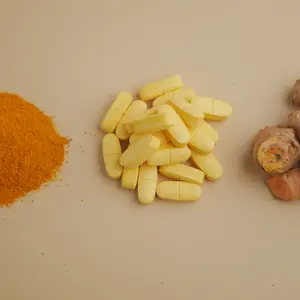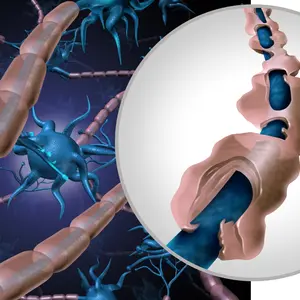

Complementary and Alternative Medicine (CAM)

Complementary and Alternative Medicine (CAM)
Mindfulness for Addiction Recovery
Traditional treatment approaches to addiction are often focused on a black-and-white moral model, in which abstinence and willpower are central themes. A different treatment approach that involves the practice of mindfulness arose from recognizing that relapse is a part of the process for most people who go through substance abuse treatment. The Mindfulness-Based Relapse Prevention (MBRP) program views relapse not as a personal failing but as a part of the process.
MBRP is an integration of the best parts of the best approaches to addiction treatment, according to Sarah Bowen, PhD, LCS, associate professor at Pacific University in Portland, Oregon, and the co-author of Mindfulness-Based Relapse Prevention for Addictive Behaviors: A Clinician's Guide. The treatment combines cognitive therapy, motivational interviewing, and mindfulness meditation, to enable individuals to observe their own minds, bodies, and behaviors and become experts on how to help themselves change their behaviors.
The program teaches participants the practice of “urge-surfing,” a technique that helps the individual ride out urges like a wave, knowing that the feeling will pass. Rather than coping with the urge in a destructive or panicked way, the technique involves connecting to the feeling and sitting with it.
People who experience cravings often assume they’ve failed, simply by having those thoughts. The MBRP approach teaches individuals how to have a different relationship with these feelings, without shame, understanding that addictive behaviors are often knee-jerk reactions as a result of conditioning, a kind of auto-pilot. Using the tool of mindfulness allows individuals to put some space between the craving and the reaction to it, allowing for better decision making.
The largest clinical trial of MBRP to date, published in 2014, compared a group receiving standard relapse prevention treatment with a group receiving mindfulness-based relapse prevention over an eight-week period. The study followed up with participants for a year after the treatment period. Immediately following the treatment period and at the six-month follow-up, both groups showed improvement. But by 12 months following treatment, the MBRP group showed significantly better outcomes; this group sustained abstinence for longer periods of time, and those who relapsed used far less, compared with those from the standard treatment group.
Dr. Bowen points out that the MBRP approach helps individuals, regardless of the environment. Mindfulness shifts perspective, and skill in the practice strengthens over time. These aspects of mindfulness, she says, may explain the longer-term success of MBRP in the life-long process of coping with addiction.
REFERENCES
King, K. & Gokce, A. (Hosts). (2021, February 27). Sarah Bowen on mindfulness-based relapse prevention for addictive behaviors [Audio podcast]. In Noble Mind. https://noblemindpodcast.com/32-sarah-bowen/


 By
By







